[Another option]
I'd interpret the URL string first and after interpret what the interpretation returns for me (as a Abtract syntax tree). The following commands block will eat the url string while the below loop is executing (or interpreting), constructing a representative array in steps!
var curChar,
directoryPassed,//not yet
expectGetValue,
getContent="",
getStarted,//? not started ($_GET)
inPort,//not reading port
portRead,//port not read yet
state=0,//first state
text="",
urlTree=[];
for(;;){
curChar=url.charAt(0);//first char
if(state===0){
//expects http... ws... file or https, for example.
if(curChar===""){
throw new Error("http:// expected.")
}else if(curChar===":"){
if(directoryPassed){
throw new Error("Unexpected token.")
}
urlTree.push({type:"URLProtocol",value:text});
text="";
state=1
}else{
text+=curChar
}
}else if(state===1){
//expects //...
if(url.substring(0,2)==="//"){
state=2;
url=url.substring(1)
}else if(curChar===""){
throw new Error("// expected.")
}
}else{
//expects anything correct: site.com/dir, localhost:8080, ?get=0, etc.
if(getStarted){
if(curChar==="="){
if(text.length===0){
throw new Error("Unexpected token.")
}else{
expectGetValue=true;
getContent=""
}
}else if(curChar==="&"){
if(expectGetValue||text.length!==0)
urlTree.push({type:"Variable",name:text,value: (getContent||true) });
expectGetValue=false;
text=""
}else if(curChar===""){
if(expectGetValue||text.length!==0)
urlTree.push({type:"Variable",name:text,value: (getContent||true) });
break
}else{
if(expectGetValue){
getContent+=curChar
}else{
text+=curChar
}
}
}else if(curChar==="."){
if(text.length===0){
throw new Error("Unexpected token.")
}else{
if(inPort){
throw new Error("Unexpected token in port.")
}else{
urlTree.push({type:"Name",value:text});
text=""
}
}
}else if(curChar===""){
if(text.length!==0){
if(inPort){
urlTree.push({type:"Port",value:text})
}else{
urlTree.push({type:"Name",value:text})
}
text=""
}else if(inPort){
throw new Error("Port not specified.")
}
break
}else if(curChar==="?"){
//$_GET starts here.
if(text.length!==0){
if(inPort){
urlTree.push({type:"Port",value:text})
}else{
urlTree.push({type:"Name",value:text})
}
text=""
}
getStarted=true;
urlTree.push({type:"Get"})
}else if(curChar==="/"){
if(text.length===0){
throw new Error("Unexpected token.")
}else{
directoryPassed=true;
if(inPort){
inPort=false;
urlTree.push({type:"Port",value:text})
}else{
urlTree.push({type:"Name",value:text})
}
text="";
urlTree.push({type:"NextDirectory"})
//New directory!
}
}else if(curChar===":"){
if(portRead||text.length===0){
throw new Error("Unexpected token.")
}else{
urlTree.push({type:"Text",value:text});
text="";
inPort=
portRead=true;
//Now the port will never be defined again.
}
}else if(inPort){
if(/[0-9]/.test(curChar)){
text+=curChar
}else{
throw new Error("Invalid port token.")
}
}else{
text+=curChar
}
}
url=url.substring(1)
}
Once it's ran, you get the urlTree array constructed with base in the url string. Additionaly, your URL currently returns the following tree in a array:

in the code. Every item from tree array is a object. Every object has the property type. type tolds what the item represents.
In this parsing, there are these types (in string):
"URLProtocol" -> It maybe http, https or anything else. Has the property: value (protocol string, as: "http", "ws", etc)
"Name" -> It's name of something. Example: name.name... name.com... ?name=0; Has the property: value (name string)
"NextDirectory" -> Represents "/" - "A new directory opened"
"Get" - > ? started. "Now URL variables maybe declared"
"Variable" -> represents ? variable. Has the properties: name and value;
Basic. That's all. Then you may interpret the array with a numeric loop with your own instructions.
